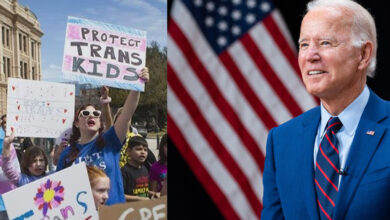Australia Implements World-First Social Media Ban for Under-16s

In a bold move, Australia’s Parliament has passed a landmark law banning social media use for individuals under 16, citing growing concerns over online safety. This legislation, championed by Prime Minister Anthony Albanese, marks the world’s strictest regulation of its kind. Platforms such as TikTok, Instagram, Facebook, and X (formerly Twitter) will now be required to enforce strict age-verification systems to prevent access by minors, with hefty penalties of up to AUD $33 million for non-compliance.
Albanese emphasized the need for action to address the risks of social media exposure, including cyberbullying, predatory behavior, and the impact on mental health. “Social media is doing harm to our kids, and I’m calling time on it,” the Prime Minister said. He noted that the onus would lie entirely with tech companies, ensuring that parents and children are not burdened with compliance responsibilities. The law is scheduled to take effect in late 2025, providing platforms with a year-long preparation period to implement these measures.
Implementation and Industry Concerns
The legislation places significant pressure on companies to introduce robust age-verification technologies, such as government IDs or biometric systems. Critics within the tech industry, including DIGI, a body representing major platforms like Meta and Google, have expressed concerns. DIGI Managing Director Sunita Bose called the move a “20th-century solution to 21st-century problems,” arguing that it could inadvertently harm teens by limiting access to peer networks and educational content. Meanwhile, platforms like Meta have stated their willingness to comply while urging for “balanced solutions” to foster safer digital spaces.
Public and Political Reaction
Supporters of the legislation, including child safety advocacy groups, have hailed the move as a critical step in combating online harm. However, opponents argue the law risks alienating young people from valuable online resources and support networks. Additionally, there are concerns about privacy risks associated with implementing such stringent age-verification systems.
Global Impact and Precedents
This policy sets a precedent globally, as no other country has enforced such a broad ban on social media for minors. While nations like France have explored similar restrictions, their bans have allowed parental consent loopholes. The U.S. limits social media use for children under 13, but enforcement relies heavily on self-reporting. Australia’s stricter model could inspire other governments to adopt more aggressive measures for digital safety.
With the law now passed, Australia positions itself as a leader in regulating technology to prioritize youth welfare. As the law rolls out, the challenge will be balancing protection with equitable access to the digital world.




